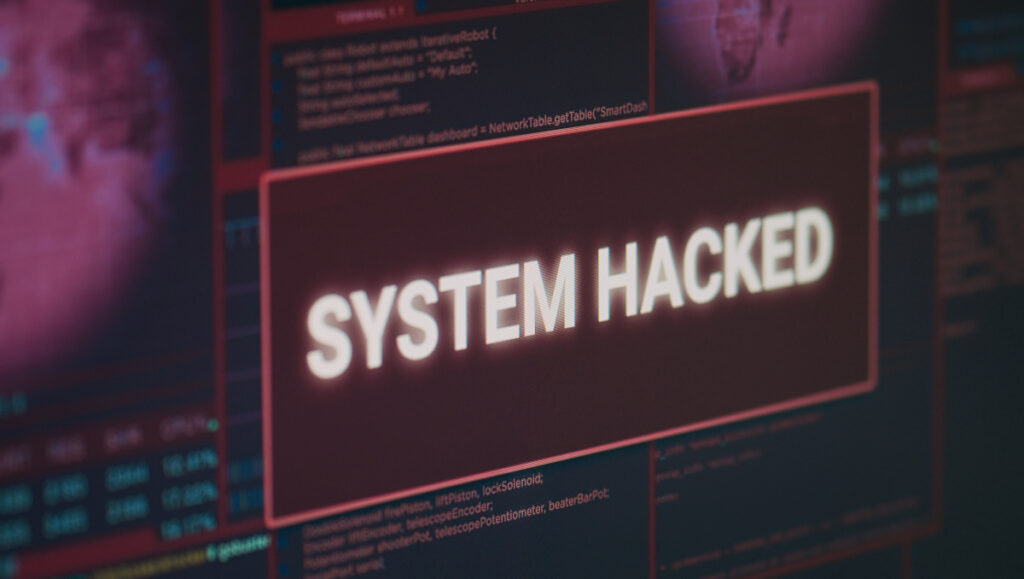How do cyber vulnerabilities impact modern warfare and statecraft? Craig Booth argues that the effectiveness of coercion, which relies on both the power to impose costs and the credibility of the threat, is weakened by vulnerabilities in digital and networked weapon systems. He joins host Darrell Driver to discuss how if an adversary believes they can hack, jam, or hijack U.S. capabilities, the ability to project power and influence their behavior diminishes. Booth notes that cyber risk is not merely a technical problem but a strategic vulnerability, and cyber resilience must be treated as a fundamental pillar of modern deterrence before it erodes national leverage.
Cyber risk is not just a technical issue, it’s a strategic vulnerability that erodes U.S. cores of leverage.
Podcast: Download
M. Craig Booth is an active-duty colonel and a cyber operations officer in the United States Air Force. He has served at the combatant command, major command, numbered air force, group and squadron command levels. He is a graduate of the AY25 Resident Course and a member of the Advanced Strategic Arts Program at the U.S. Army War College.
Darrell Driver is Professor in the Department of Military, Strategy, Planning and Operations at the U.S. Army War College.
The views expressed in this presentation are those of the speakers and do not necessarily reflect those of the U.S. Army War College, U.S. Army, or Department of Defense.
Photo Credit: Image by DC Studio on Freepik

